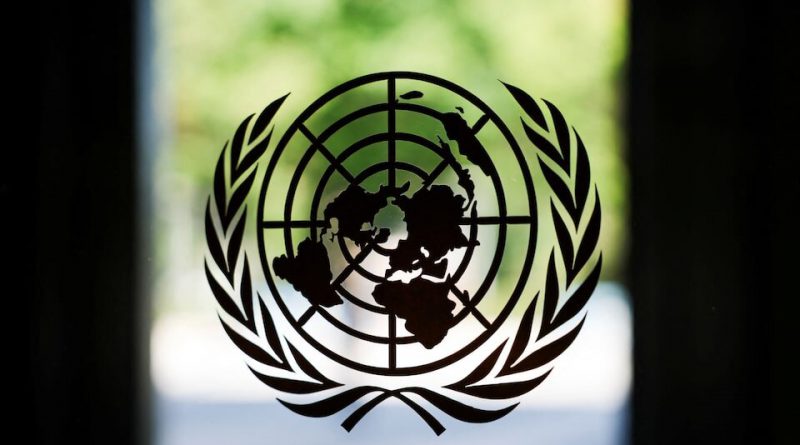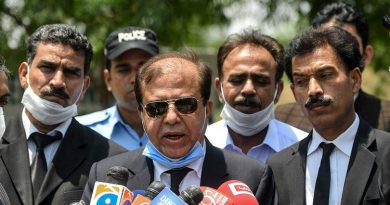St. Vincent and the Grenadines Votes as Ruling Party Seeks Historic Sixth Term
Kingstown – Voters in Saint Vincent and the Grenadines head to the polls on Thursday in a closely watched general election that could deliver an unprecedented sixth consecutive term to the long-governing Unity Labour Party.
The contest is centered on whether the electorate will again support Prime Minister Ralph Gonsalves, who has dominated the political landscape for more than two decades.
Gonsalves, 79, has served as leader of the multi-island Caribbean nation since 2001. He remains one of the longest-serving democratically elected heads of government worldwide, a tenure that has influenced regional politics and shaped national policy across multiple economic and social sectors.
The election features 32 candidates vying for parliamentary seats across the islands, with the main competition expected between the ruling Unity Labour Party and the opposition New Democratic Party.
Political observers say the vote is likely to hinge on core issues of development, public services, foreign policy, and long-term national strategy.
The New Democratic Party, led by Godwin Friday, is seeking to break the ruling party’s long-standing hold on power.
Friday previously contested the leadership in 2020 and is making a renewed bid to present his party as a viable alternative focused on economic modernization.
A major point of debate has been the NDP’s proposal for a citizenship-by-investment program aimed at attracting foreign capital and generating additional state revenue.
Supporters view the idea as an opportunity to diversify the economy, while critics warn of potential risks to national identity and governance.
Foreign policy differences also play a notable role in campaign discussions. The NDP has signaled interest in shifting diplomatic recognition from Taiwan, which has partnered with St. Vincent since 1981, to mainland China in hopes of broadening economic ties and investment opportunities.
Gonsalves and the Unity Labour Party have consistently opposed this shift in diplomatic alignment. The administration maintains that longstanding partnerships, including the relationship with Taiwan, form part of the country’s stable and reliable international posture.
Economic resilience, social programs, and infrastructure development have been highlighted as key achievements under the current government. Supporters of the ruling party argue that continuity is necessary to stabilize ongoing initiatives and maintain national progress.
However, opposition figures contend that the country requires new leadership to address rising economic pressures and expand opportunities for youth and emerging industries. They argue that fresh approaches are necessary to meet shifting global and regional challenges.
Public interest in the election has been heightened by recent opinion polling. A forecast by the consulting firm Dunn Pierre Barnett and Company earlier this month suggested the Unity Labour Party held a favorable probability of retaining power.
The analysis estimated a 64% likelihood that the ruling party would win another term, reinforcing perceptions that the ULP maintains significant electoral strength. Nevertheless, political analysts caution that voter turnout and constituency-level dynamics could influence results in unpredictable ways.
Campaign activity intensified across the islands in the days leading up to the vote, with candidates engaging in rallies, community meetings, and public discussions on governance priorities. Many citizens have expressed interest in policies concerning job creation, healthcare access, education, and disaster resilience.
The country’s geography and vulnerability to natural hazards have made climate adaptation and reconstruction funding important issues for voters. Both major parties have emphasized the need for reliable investment to strengthen infrastructure and protect communities.
As polling stations open, electoral authorities stress the importance of a smooth and transparent voting process. Officials have encouraged broad participation to ensure the national mandate reflects the full voice of the electorate.
The final results are expected to shape the direction of Saint Vincent and the Grenadines for the next five years. Whether the country continues under long-term leadership or transitions to a new administration will be determined by the ballots cast on Thursday.
With high levels of political engagement and competing visions for the nation’s future, the vote marks one of the most significant moments in the country’s recent democratic history. The outcome will influence decisions on economic development, foreign partnerships, and national policy for years ahead.



